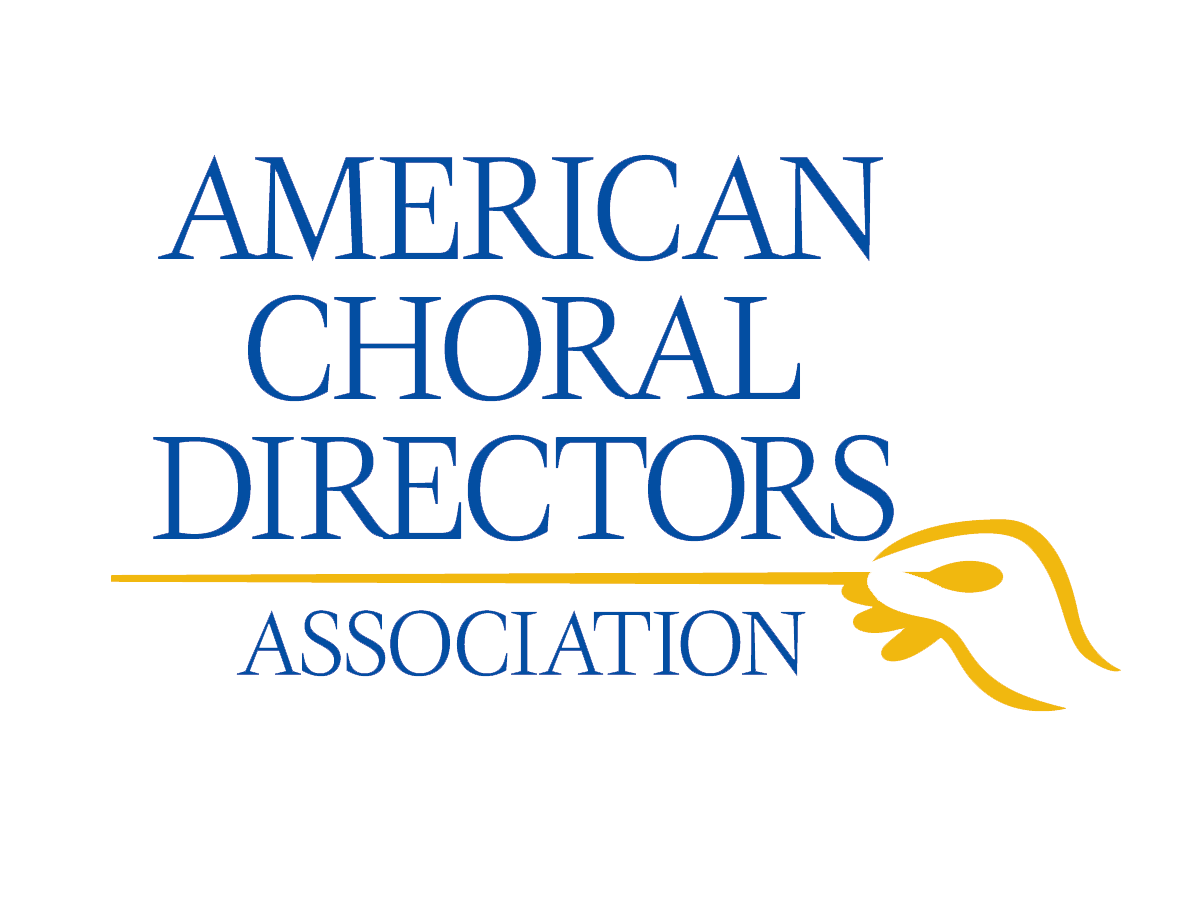Learn & Explore
ACDA’s Advocacy & Collaboration Committee creates a variety of resources, including a monthly podcast/blog on ChoralNet, touching on a variety of advocacy topics.
“Advocacy” = “A story” (April 20, 2022)
Together in Music . . . Collaboration tips and “squashing the why (not)!” (March 16, 2022)
Equity Sings…advocacy, collaboration, Maslow and ADEIBR (February 16, 2022)
Advocacy, Collaboration, and . . . moving from survival to vision (January 19, 2022)
Advocacy, Collaboration, and . . . Talking to Admins! (December 29, 2021)
Advocacy, Collaboration, and … Podcasts! (December 15, 2021)
From the Standing Committees: Music Advocacy Challenges and Opportunities (July 9, 2019)
Choral Journal Focus Issue on Advocacy & Collaboration (members-only access; September 2019)
Advocate for Music! a companion website for a book by the same name, by Lynn M. Brinckmeyer
Advocacy expert and former co-chair of ACDA’s Advocacy & Collaboration Committee, Dr. Brinckmeyer lists strategies, research, and resources for the choral educator.
ChoralNet, ACDA’s global online choral community, has a variety of posts from authors who blog about advocacy strategies and tools.
Stories of Newness: Healing and Reimagining with Jazzmone Sutton (Advocacy) (Shannon Marie Gravelle, August 25, 2021)
From “Raising the Voices of a Generation: The Role of Choral Directors in Increasingly Complex Times” (Jeff M. Poulin, Aug. 17, 2021)
Advocacy: Responsibility, Calling, Amplification, and Joy (Amanda Sprague Hanzlik, December 23, 2020)
Join & Take Action
Are you ready to learn more about and join our advocacy work? Here are some next steps:
- Visit and join our ACDA Advocacy and Collaboration Facebook group to learn about current initiatives!
- Contact our Advocacy & Collaboration Committee with questions and suggestions at gro.a1756168158dca@n1756168158oitar1756168158oball1756168158ocdna1756168158ycaco1756168158vda1756168158.
ACDA Statement Sign-ons
Arts Education for All Act (Oct 2021)
ACDA has endorsed the Arts Education for All Act (H.R. 5581) introduced to Congress on October 15, 2021, by Representative Suzanne Bonamici (D-OR) and 21 co-sponsors.
The Arts Education for All Act includes key provisions that will support and encourage the offering of arts education and programming experiences for early childhood, K-12 students, and youth impacted by the juvenile justice system.
Among other provisions, the act:
- Expands the ability to use Child Care Development Block grant funding for arts programing.
- Expands Elementary and Secondary Education Act (ESEA) plan requirements to include descriptions of how states would utilize arts education to improve student achievement, guarantee targeted professional development for arts educators and for all educators in arts integration, and direct research activities on arts education.
- Requires State ESSA report cards to include information on arts courses to be included and infuses arts education as an element of K-12 school improvement.
- Strengthens the integration of the arts and arts education through the 21st Century Community Learning Centers (after-school) programs and incorporates support to maximizing partnerships with community and other arts focused organizations that increase the amount of arts education and creative youth development available in afterschool and summer learning programs.
- Directs the National Assessment of Educational Progress (NAEP) Governing Board to reinstate arts assessments, which were terminated in 2019.
- Requires states to document how they will coordinate services and activities for juvenile justice and delinquency prevention with state and local arts agencies and arts organizations by utilizing arts education to improve reentry efforts and to reduce recidivism.
For a one-page summary, CLICK HERE
For the entire bill, CLICK HERE
Currently this bill has been referred to the House Committee on Education and Labor. ACDA encourages members to contact their representatives to express your support of this bill. CLICK HERE to learn how to contact your representative.
Arts Education Is Essential (May 2020)
The Arts Sector and COVID-19 Relief (May 2020)
ACDA Advocacy Statement
The human spirit is elevated to a broader understanding of itself and its place in the world through the study of and participation in choral music. Singing in a choir produces more active and involved citizens. It affects self-worth in youth and adults. It builds connectivity throughout communities. Society benefits from the aesthetic beauty and community of singers created by choral programs within schools, houses of worship, and community organizations through involved citizenry, connectivity throughout communities, and feelings of personal self-worth.
The American Choral Directors Association and its membership resolve to ensure the survival of choral programs for this and future generations by
- actively voicing support for funding at local, state, and national levels of education and government
- collaborating with local and national organizations to ensure the distribution of arts funding data and arts-related activism opportunities
- advocating for full access to choral singing and inclusion of all singers in a choral program
- ensuring the distribution of advocacy statements and data regarding choral programs
ACDA’s Advocacy History
- ACDA’s first national arts advocacy resolution was created in 1993 in a process led by then president William Hatcher. Written by Bruce Becker, with input from Diana Leland, the purpose of the statement was to create awareness about the need for adequately funded arts programs.
- In 2012, a new ACDA mission statement was crafted that formally included advocacy: “The mission of the American Choral Directors Association is to inspire excellence in choral music through education, performance, composition, and advocacy.”
- The Advocacy and Collaboration Committee was created in 2015 and launched in 2017. The committee is currently chaired by Emily Williams Burch. Members are Jeffrey Benson, Joe Cerutti, and Anthony Trecek-King.
- COVID-19 Response. Advocacy has been an important aspect of ACDA’s response to the global pandemic. An ad hoc committee appointed to provide members guidance during this uncertain time, worked with the Advocacy and Collaboration Committee to include an Advocacy Statement & Strategies During the COVID-19 Pandemic as part of that June 15, 2020, report.


